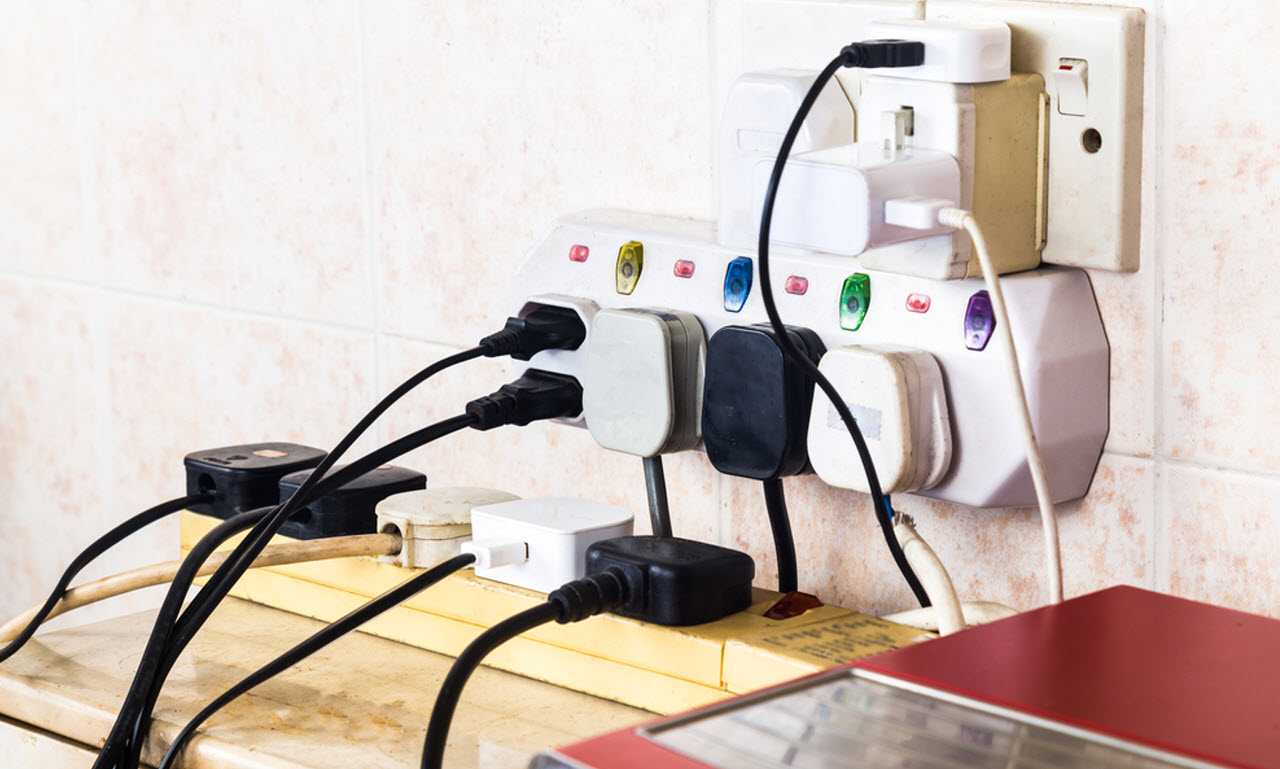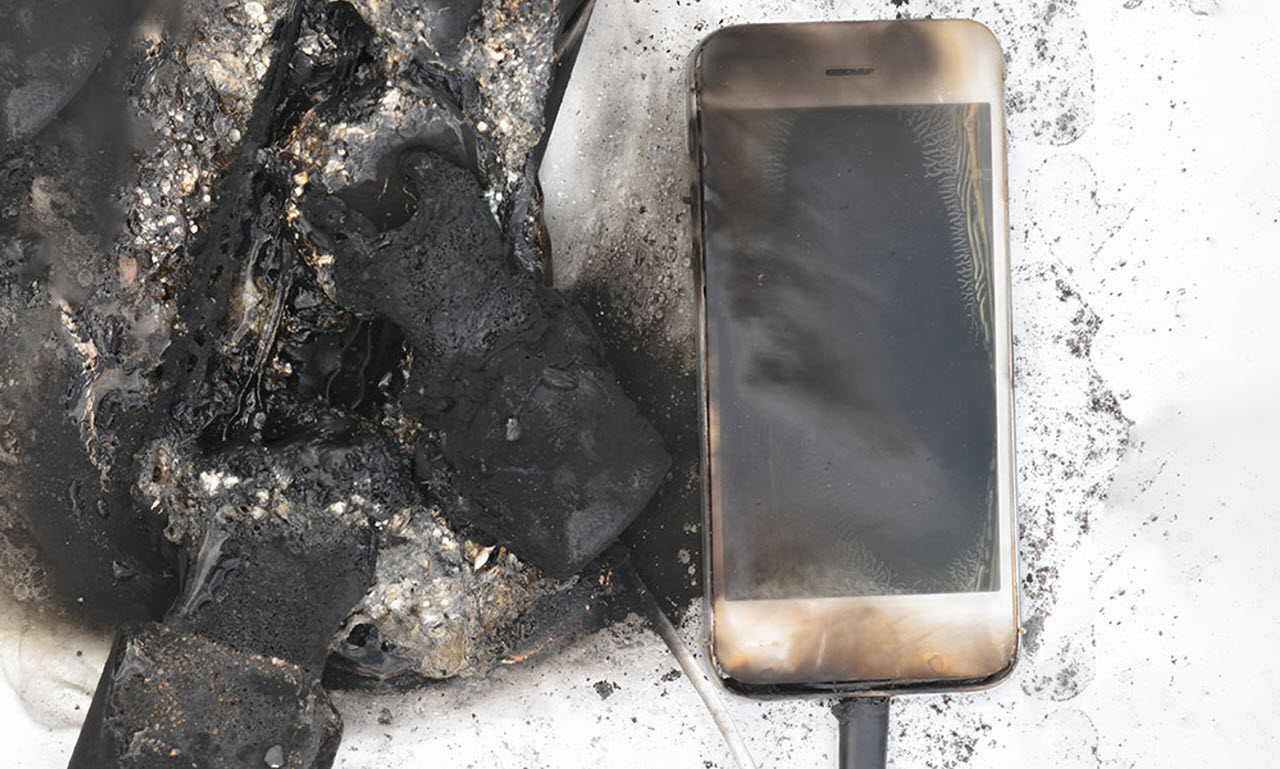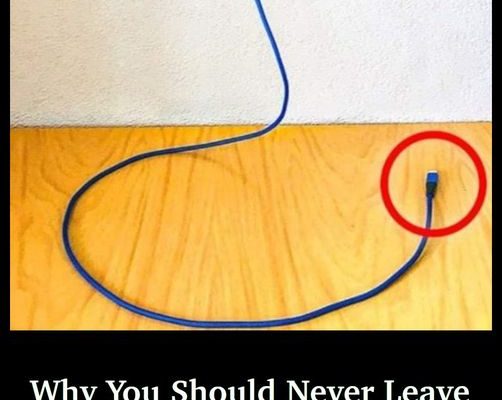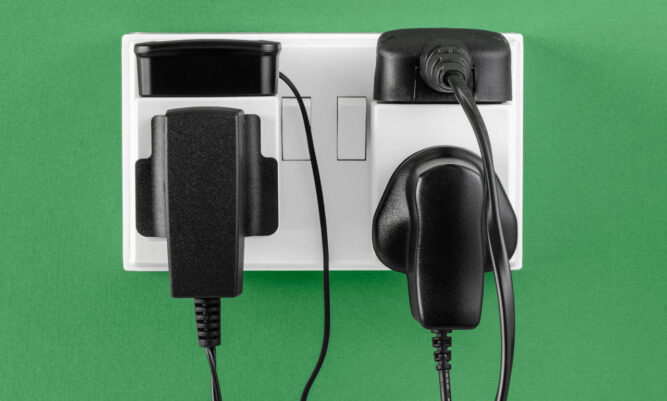There are certain things that we may do on a frequent basis and we don’t give it much thought. When we find out they are dangerous, however, we appreciate knowing that piece of information.
You would have a hard time finding someone who does not use an electronic device on a daily basis. It is important for them to keep the device charged because it is their primary means of communication to the outside world.

When you charge your phone, you simply plug it into the cord that is typically hanging from the wall. Most people leave the phone charger plugged into the socket, even if they are going to use it but that is not the best option.
You may not believe this, but there are some serious dangers associated with leaving the charger plugged in without your device attached. You may be able to save money by just unplugging it. We were told this by a certified electrician.
Consider the following when deciding whether to unplug your charger or not:
1. Leaving the Charger Plugged in Is a Fire Hazard
The biggest issue associated with leaving the charger plugged into the socket is that it could result in a fire. There is a small amount of electricity being drawn by the charger, even when they are connected to a device on the charging end.
If there is a power surge or if the charger is faulty, it could overheat or a spark may occur, resulting in a fire. It doesn’t take much searching to find times when a big fire occurred as a result of the charger being left plugged in.
Overheating is the biggest issue associated with a fire hazard. The charger will still generate heat, even if it is not charging at the time. When the heat builds up in an area that is not ventilated properly, it can burn out and melt.

If the wires on the inside of the charger are damaged, it could result in an electrical short circuit. This can cause sparks and it doesn’t take much to result in a fire. Those are the reasons you should always unplug your charger when you are not using it.
2. Leaving Your Charger Plugged in Is Costing You Money
When you have a charger plugged into the wall it is always pulling a little bit of energy. It isn’t much, but the ‘phantom load’ can add up over time and your energy bills will be higher.
Although it is true that a charger does not use a lot of electricity when it is simply plugged in, if you have multiple chargers and devices, along with appliances that are just sitting idle, you can spike your energy bills considerably.
3. Your Charger Will Last Longer
When you continue to have your charger plugged into the wall it is going to shorten its lifespan considerably. Since the interior components are electrically charged and heating, they can break down over time.
There is a small current running through the charger, even when there is not a device attached. Eventually, the charger will not work as well and it will cost you more to charge the phone.
If you have a charger that is constantly warm to the touch, it is a danger and should be replaced. If the cables are frayed or damaged, the entire unit should be replaced.
4. Protect Your Electronic Equipment
A charger that is not working properly can result in damage to the electrical equipment that is plugged into it. Most chargers contain at least a small surge protector but any type of power surge can easily overpower it and result in damage to your phone or tablet.
The best way to protect your charger and your phone is to make sure it is never left plugged in when it is not in use.
5. Get in the Habit Today
You might want to dismiss this and say that the problems are never going to happen to you but they will happen to someone. Do a little additional research and find the true examples of those who lost everything as a result of a cheap charger.
Begin building the habit of unplugging your charger on a regular basis. You can still leave the charger near the outlet, but unplug it from the wall when it is not in use.
You may also want to designate an area in the home that is specific to charging. Only plug the charger in when it is used and it will make it easier to remember to unplug it when you are not using it.




